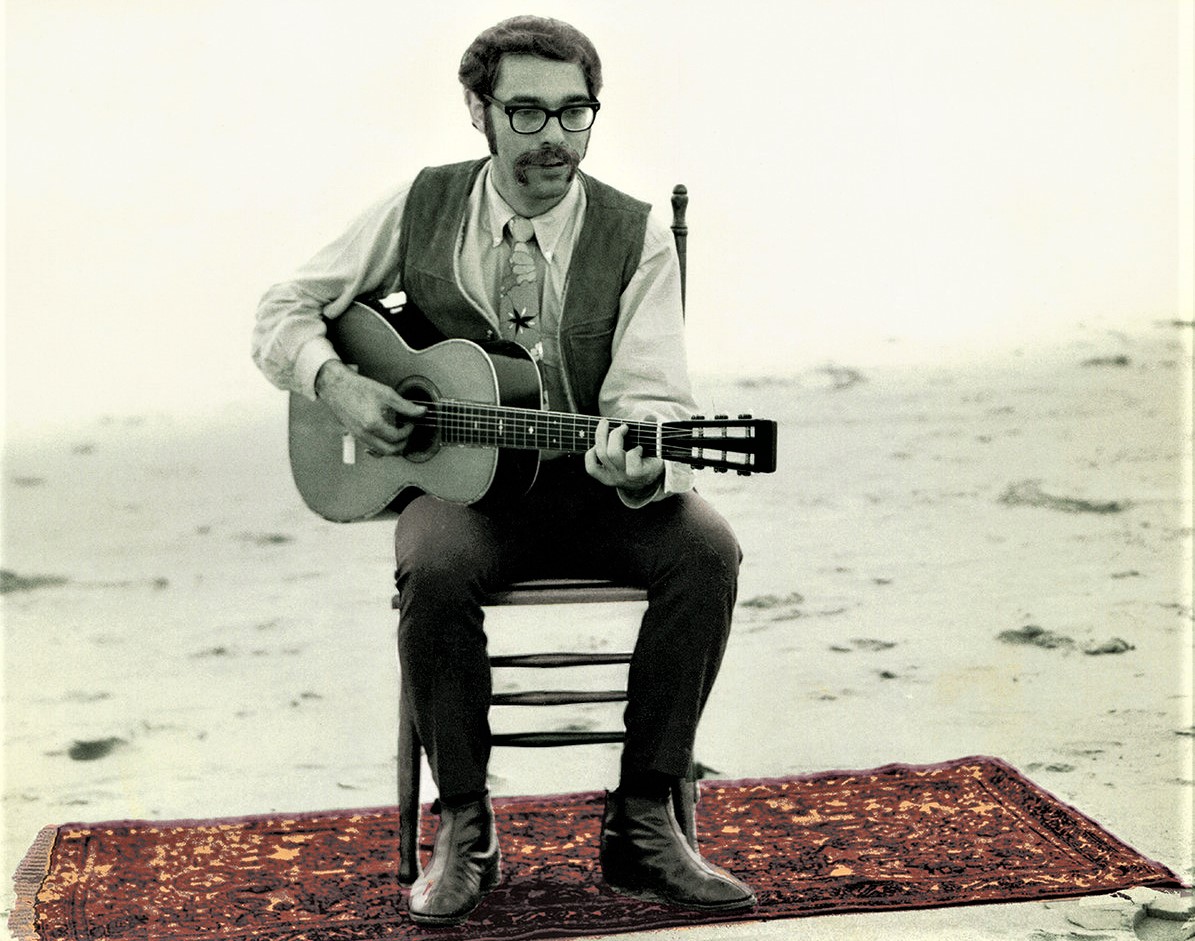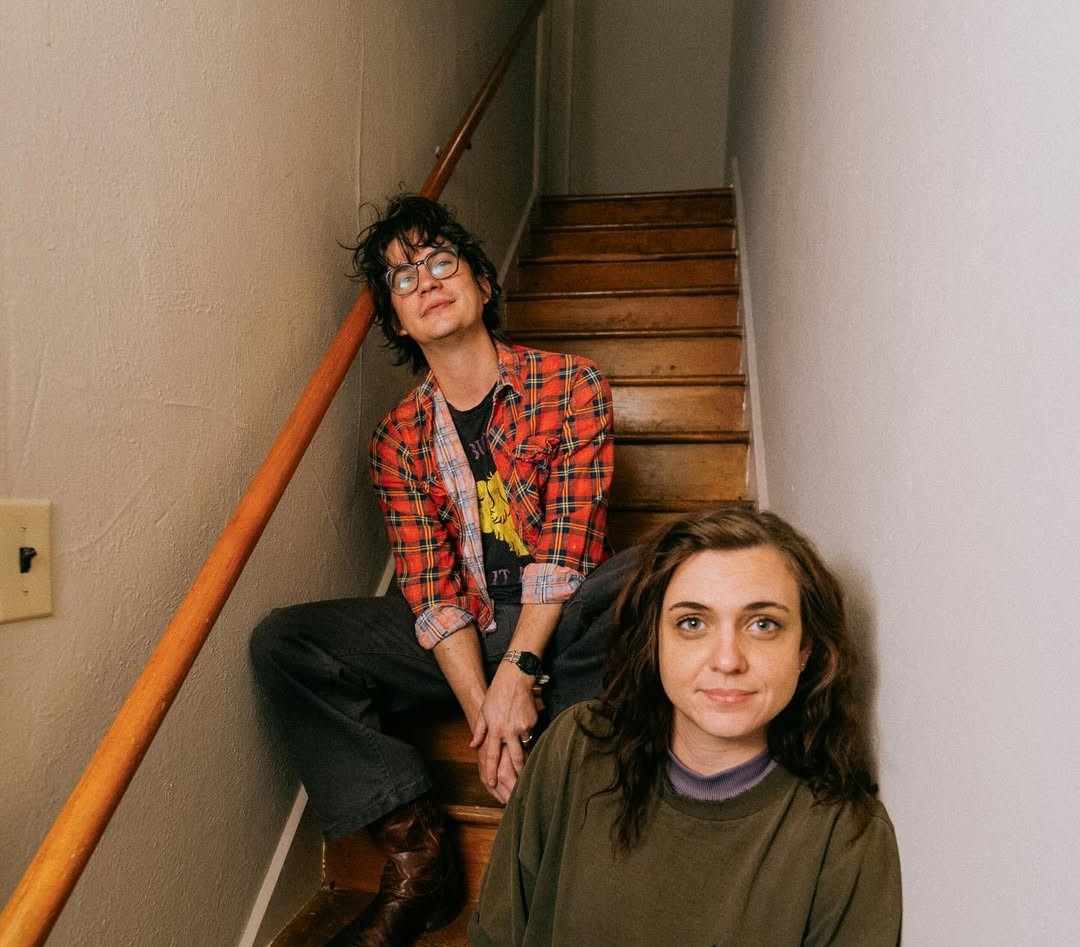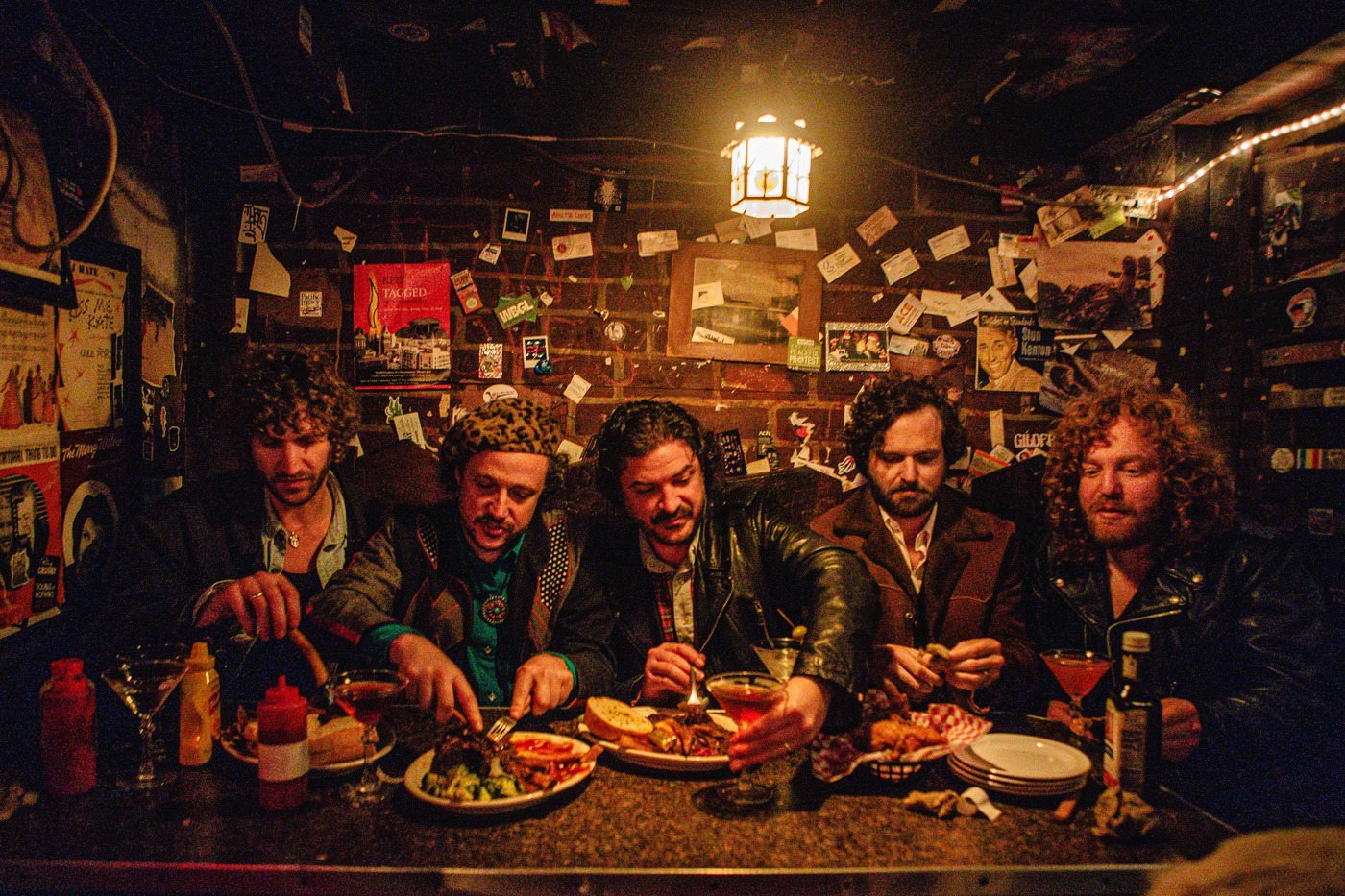Harry Taussig | Interview | New Album, ‘80’
Harry Taussig released a short-run private press album, ‘Fate Is Only Once’ in 1965, which is now considered a classic among American Primitive guitar collectors. Taussig will be releasing ‘80’ on his 82nd birthday, March 31st, 2023 via Tompkins Square.
Alternating between haunting originals and jaunty blues-based traditional numbers, ‘Fate Is Only Once’ was reissued by Tompkins Square in 2006. Taussig’s only other recorded works appeared on the long out-of-print Takoma compilation ‘Contemporary Guitar Spring ’67’ alongside John Fahey, Robbie Basho, Max Ochs and Bukka White. Taussig spent years as an educator, published instructional guitar books, and traveled extensively to photograph weird museums. Taussig returned to music in 2012 with his first album in 47 years, ‘Fate Is Only Twice,’ and followed with ‘Diamond of Lost Alphabets,’ ‘Too Late To Die Young,’ a split album and tour with fellow Takoma pioneer Max Ochs, and a remix album by Kid Millions (Oneida).
Taussig will be releasing his latest one on his 82nd birthday. “With a perspective of about 60 years, I finally understand what I’ve been trying to do in my musical compositions over these six decades. I grew up with two musical streams – at home it was European classical music, at college it was American folk music. And I bathed in both streams. Like several of my contemporary guitarists, I wanted to extend the American folk guitar tradition into previously unexplored territories. Each found their direction: blues, psychedelia, etc. Mine was using the theories of classical musical forms, both traditional and contemporary. One of the delights of classical music is that the composer will constantly play with the listener, allowing him or her to guess where the music is going and then surprise them by not going there at all, but going to another unexpected but equally logical place. This seems to be the throughline in my musical heroes: Bach, Schoenberg, Glass, and many others. I have adopted many of their structural schemes, rhythmic devices, and harmonic stratagems to counter the comfort and predictability of folk (and popular) music. I delight in the response, “You can’t do that … oh, I guess you can.”
“I hope the songs change as I age”
It’s fantastic to have you. You’re a man of a variety of interests. Now looking back, would you say that music is your first love?
Harry Taussig: My first love is discovering and sharing, and my music is certainly a major factor in this. Looking back over the decades, I find that I’ve bounced around a lot. It seems that I’ve posed a problem to myself, worked on it, whether for a few days or a few years, and, once I feel I have wrung what I can out of it, moved on to the next. Whether this is with my scientific endeavours, my music, or my art, it is all to one purpose, to share.
Do you have any recollections of when you first picked up guitar? Was there a certain moment in your life that influenced you to never stop playing?
As a child I played the clarinet and despite my parents’ encouragement, most uninspiring. In college, I switched to the saxophone to join the UC Berkeley marching band (played in the Rose Parade, but that is a whole different story). While at Berkeley, in the “day life,” I took music history classes which dealt with mostly European music. What fascinated me was the inventions of the 20th century composers. In my “night life,” I participated in the 1960s cultural movements of the day – folk music was very attractive.
What was it like to study anthropology and music history?
Josh Rosenthal asked me to put together a list of musical pieces that have influenced me to post on Spotify. I think that list pretty much answers your question, musically if not vocally.
Tell us about hearing Elizabeth Cotten for the first time?
I think I saw Elizabeth Cotten’s playing from a very different point of view than most of the people I knew in the folk music world. I saw her as an inheritor of J. S. Bach! Like much of his keyboard work, she kept two or three lines of music going at the same time, integrating, contrasting, playing one against the other in harmony, rhythm, and expression.
Would you like to tell us about the life of a physicist for Ford-Aeronutronics Corporation in Orange County?
When Ford-Aeronutronics Corporation hired me I was pleased that I could serve my country other than physically going to the ongoing war in Vietnam. In retrospect, perhaps it would have been better to go. I worked with nuclear weapons. One of the most horrible experiences of my life. For instance, in reading up on background material, I often ran into the term “MD” but could not put “Medical Doctor” in the context of what I was reading. On asking, I learned that “MD” stood for “MegaDeaths.” Enough said.
How would you describe the scene for a folkie back then in the mid 60s?
In Berkeley, two of the most significant centers of folk music were John Lundberg’s guitar shop and Gert Chiarito’s radio show, “The Midnight Special”. John was most kind and generous with both his advice and criticism. He also taught me about musical instruments – together we designed a new 12-string guitar made of cheap components but that had a magnificent tone and was relatively easy to play. Other musicians hung out there and we all listened to each other. I was invited to play on Gert Chiarito’s show on KPFK (people swore that the station’s call letters stood for “Keep Perpetuating Franz Kafka”). I played, and much to my surprise, was invited back.
In 1965 you self-released a truly fantastic album. What’s the story behind ‘Fate Is Only Once’?
Amongst my friends and the radio show as background, there were people who very generously thought that I should be heard more widely. Fate was done in a single afternoon with single takes.
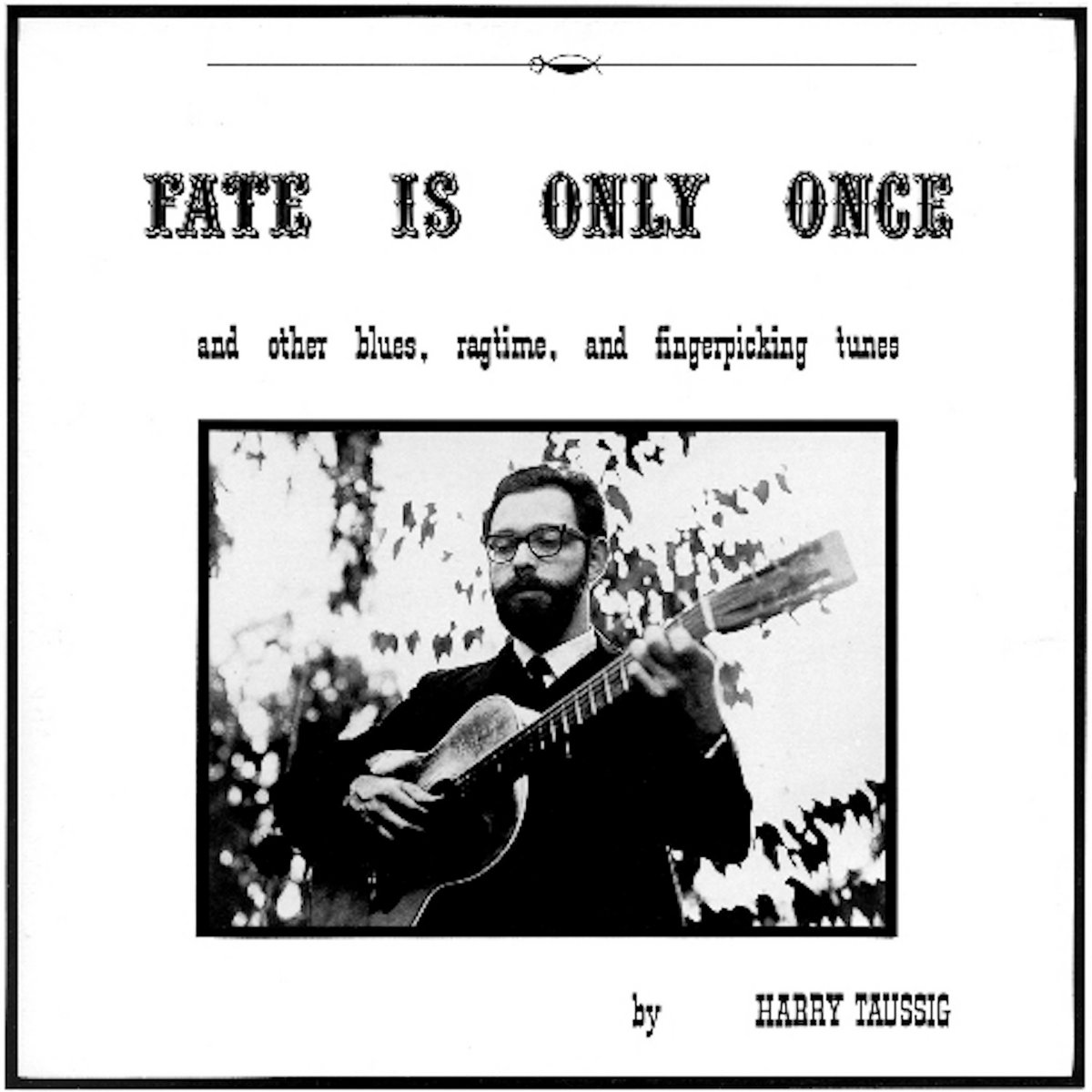
What inspired the songs? Do you feel that the subject of inspiration changes when you age?
I hope the songs change as I age. After all, what is aging for if not change? As for the songs’ inspiration, I feel that within the guitar all music resides. It is my job to discover it and to bring it forth.
Would it be possible to draw some parallels with your latest album, ‘80’? What was it like to work on it?
It is always a wonderful journey composing. What comes out of the instruments is always surprising, and following it, it always leads to a place that even surprises me. However, on the down side, physical aging is a barrier that often rears its ugly head in the process.
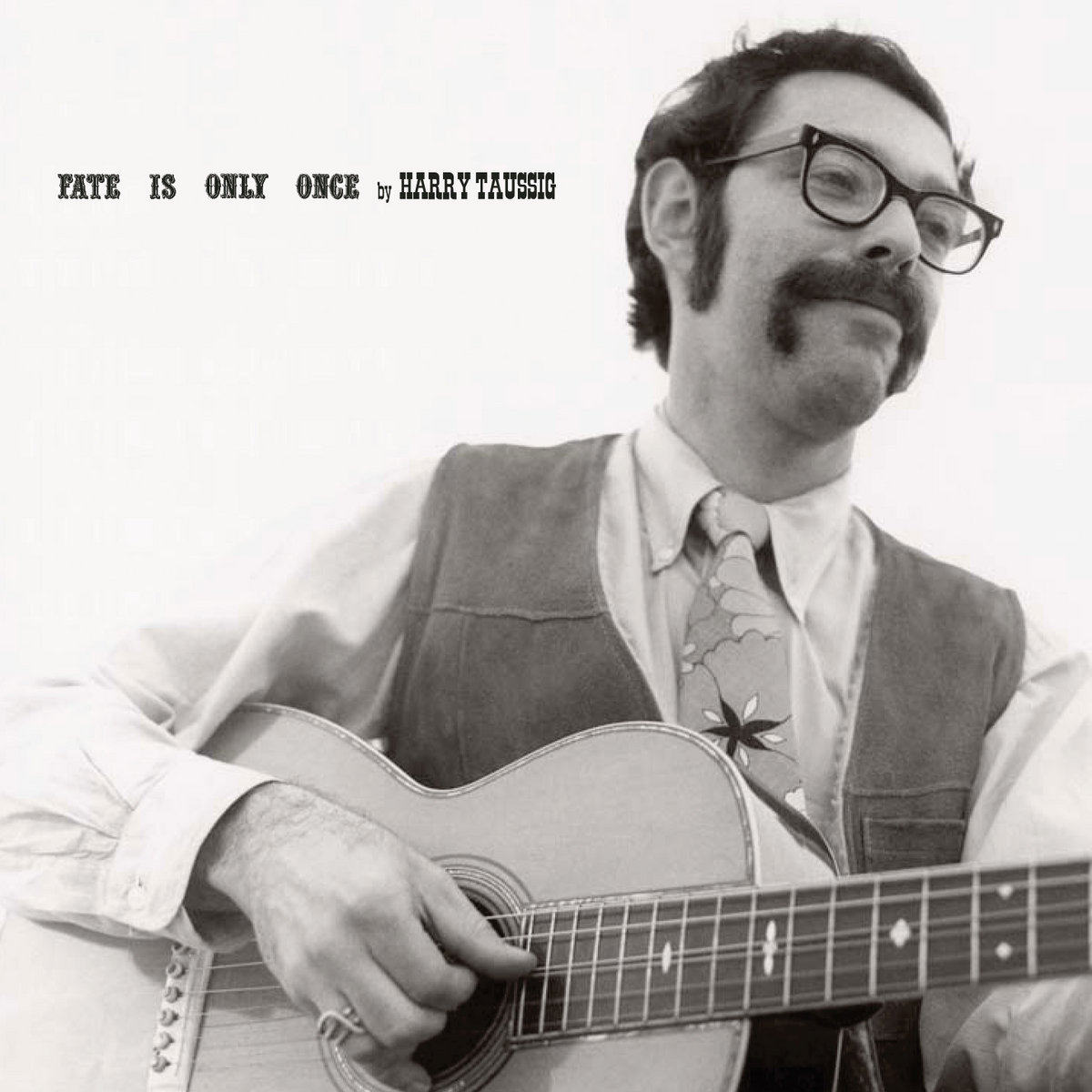
Do you recall circumstances of being featured on compilation, ‘Contemporary Guitar Spring ’67’ alongside John Fahey, Robbie Basho, Max Ochs and Bukka White. Were you friends with any of the mentioned musicians?
I had nothing to do with the compilation. The only person I met was Max Ochs.
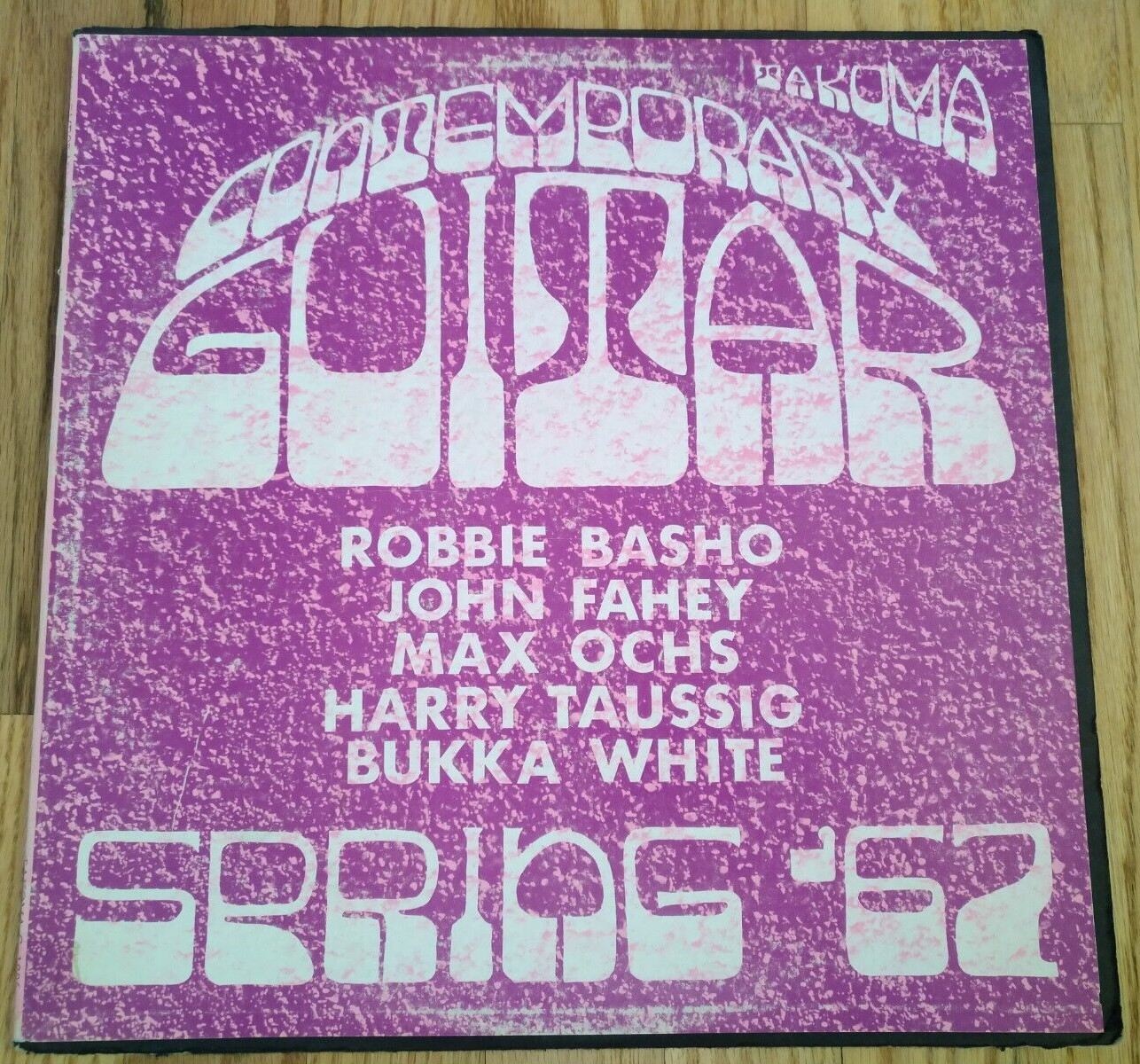
“I often dream of having my compositions played by a real virtuoso”
Would you like to comment on your playing technique? Give us some insights on developing your technique.
While this may seem glib, I do the best I can to express the ideas in my head. Unfortunately, I do not consider myself a very good guitar player. I often dream of having my compositions played by a real virtuoso. Since I don’t consider myself a very “flashy” guitarist, I tend to compose in other directions – harmony, meter, tonality, et cetera.
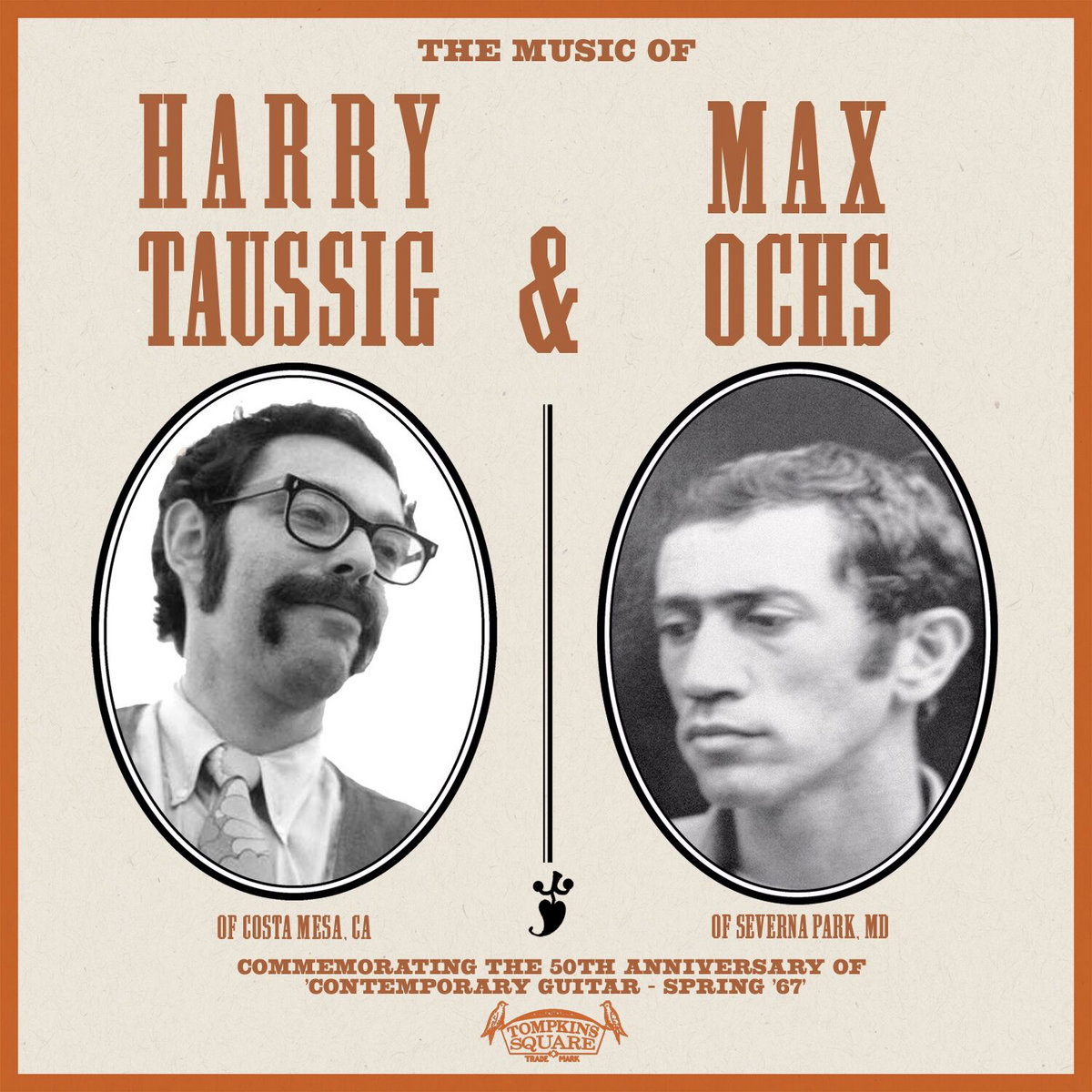
How important is improvisation for you?
I don’t improvise very much. All my pieces are written down. Over the months I work on each piece, it is rewritten dozens of times. However, when I play it, I find I can give it a variety of expressions … if you count this as improvisation, so be it.
What led you to “retire” from guitar playing?
I don’t think I ever really “retired” from my musical adventures. It is just that I had a lot of other things to do – photography, sculpture, printmaking, film criticism, et cetera. Take a look at ArthurTaussig.com and you will see that I’ve not been wasting my creative time.
After almost five decades you returned in 2012 with the release of ‘Fate Is Only Twice’ followed by ‘Diamond of Lost Alphabets,’ and ‘Too Late To Die Young,’ a split album and tour with fellow Takoma pioneer Max Ochs, and a remix album by Kid Millions (Oneida). What sparked the resurgence?
Simple. Josh Rosenthal asked if I’d like to do another album.
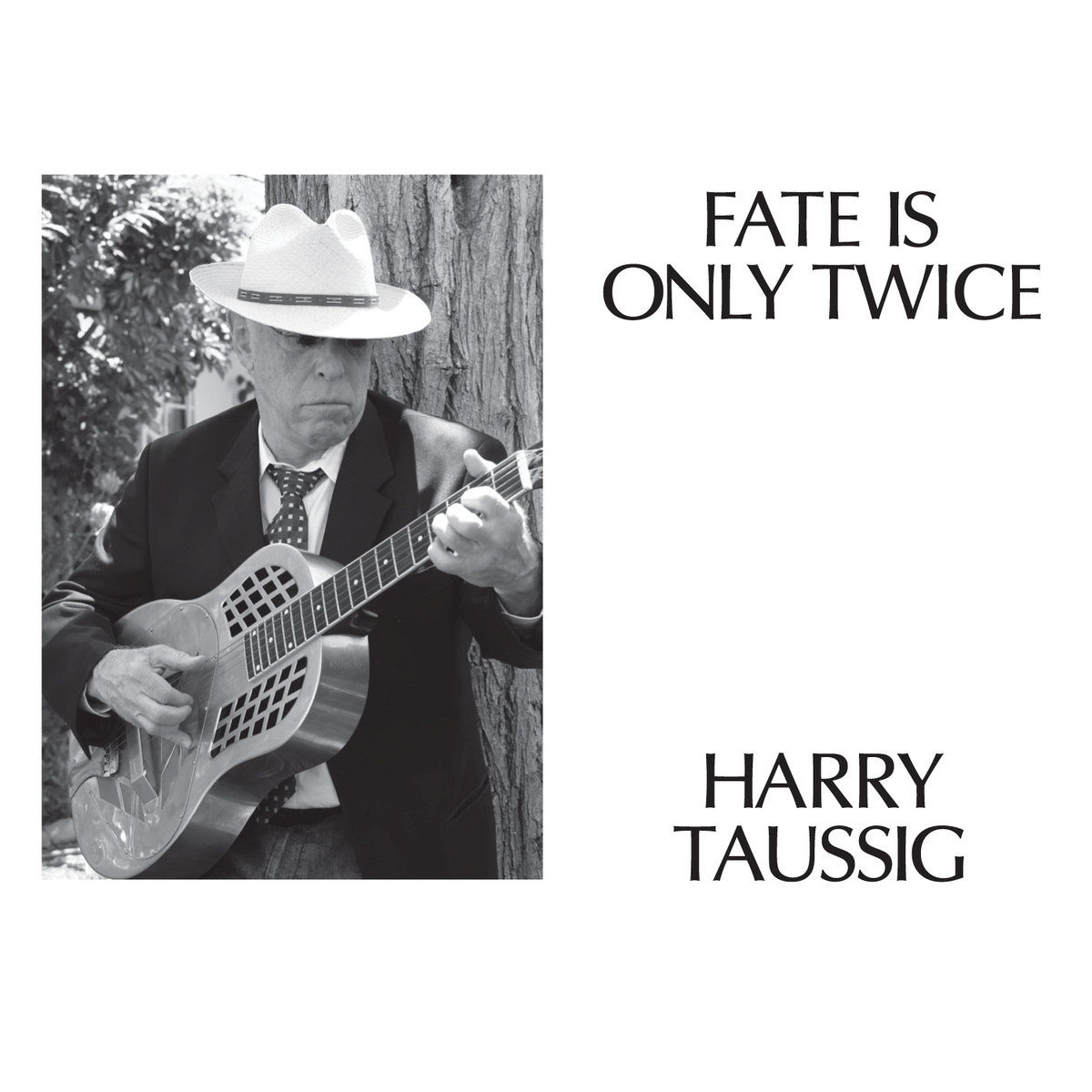
Please share some words about the above-mentioned albums and how you look at them from today’s perspective.
I really don’t look back very much. They are signposts along a journey. There are a lot of “been there, done that” aspects to them in my mind. However, for ‘80’ I did go back to the beginning and recompose one piece just out of curiosity so I could hear for myself the changes, if any, over the decades.
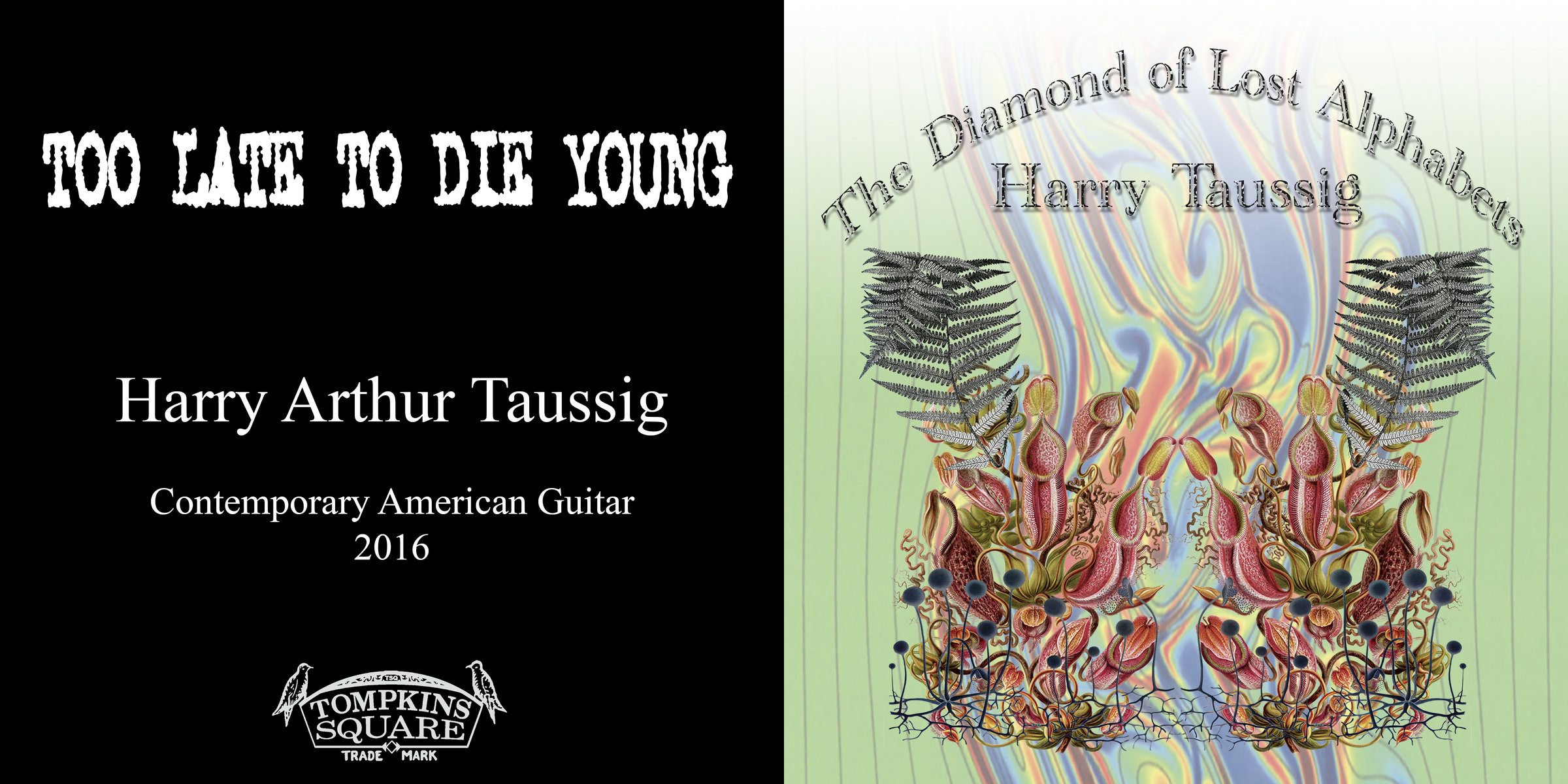
“I discover some sounds that come out of the instruments and let them lead me to where they want to go”
Your latest album, ‘80’ is a stunning release. It seems that everything is now in its place. The material is truly inspiring. How did you approach working on it? What would be its initial concept?
Thank you for your kind words. Appreciated. I have no initial concept when doing music … or any of my art works. I discover some sounds that come out of the instruments and let them lead me to where they want to go. They develop and change, of writhing and fighting, while I feel like I’m hanging on for dear life while terrified and, at the same time, enjoying the ride.
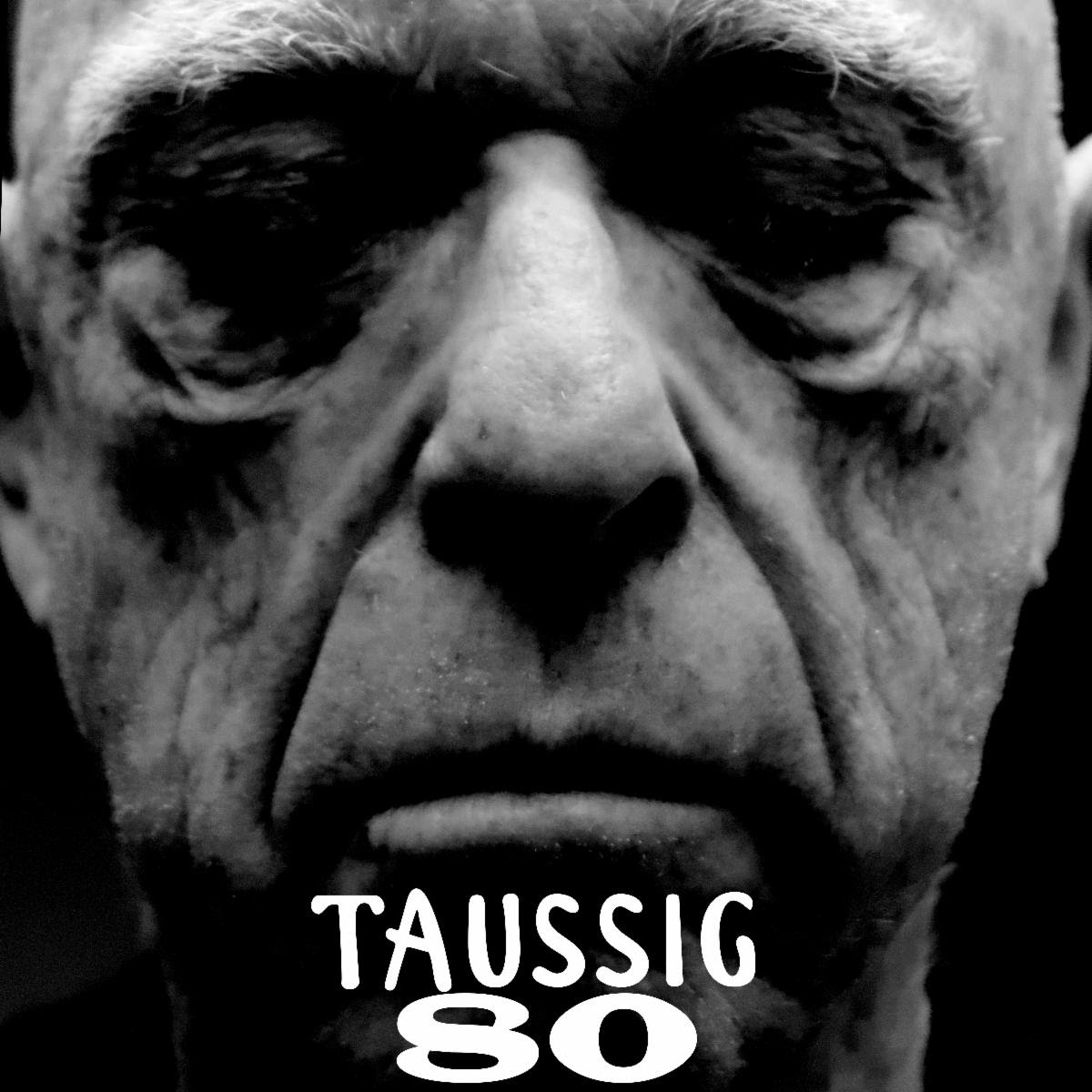
Where was the album recorded?
It was recorded at the Costa Mesa Recording Studios by a very patient and very brilliant sound engineer Nick Fainberg. When I heard the playbacks, I couldn’t believe I sounded that good.
Do you have any other active projects going on at this point? Will you continue to record new albums?
New album? Oh, God, not again. Each album, in fact each piece is months of work. While I’m not looking forward to that, there is always the itch. There are several ideas I’ve not yet had a chance to explore.
How do you see the relationship between the instrument and the space where the instrument is recorded? Do you discover new aspects of your songs developing in front of an audience?
I am not a very good or very confident performer. I get very intimidated and very nervous when performing live. I make a lot of mistakes. I try very hard to smile through the mistakes and use them as part of the piece I’m trying to play.
Is there any unreleased material you would like to see being released?
Not that I know of.
Looking back, what was the highlight of your time playing guitar? Which songs are you most proud of? Where and when was your most memorable gig?
Which songs am I most proud of? Well, that’s tough to answer because I will probably come across as an asshole. Each song is the best I can do; if it wasn’t you wouldn’t be hearing it. My most memorable gig was probably South by Southwest. But the most pleasant and the most important one was the last time I played sitting alone on the couch in my living room.
Klemen Breznikar
Harry Taussig Official Website
Tompkins Square Official Website / Facebook / Instagram / SoundCloud / Twitter / YouTube / Bandcamp

